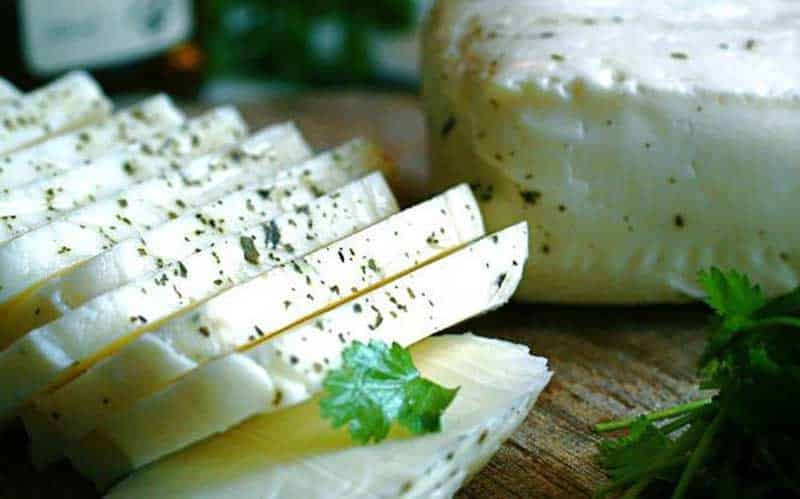Over 6,000 tonnes of halloumi remain unsold as a result of the coronavirus, cheesemakers and cattle farmers said on Tuesday, highlighting a score of problems for both industries.
Halloumi exports have plummeted as a result of dwindling demand across Europe and the UK caused by lockdowns closing restaurants, which has created serious problems among Cypriot cheesemakers.
The halloumi industry’s hopes lie on a combination of better prospects of summer tourism in Cyprus, the EU and UK markets’ recovery and most importantly, the reopening of restaurants in Europe, cheesemakers’ association head George Petrou told Phileleftheros on Tuesday.
Otherwise, both cheesemakers and dairy farmers will have to make some decisions that will be painful for them and the Cypriot economy as a whole, he added.
“We are at a critical point. We are anxiously waiting for circumstances to change and for things to get better in the next few weeks and months, because it is no longer viable for us to keep buying milk to build up halloumi stocks,” Petrou said.
Petrou added that 6,000 tonnes of halloumi, normally exported to Europe and the UK remains unsold in freezers. “When will we sell all that? We have a serious problem here,” he said.
If the market does not recover, then 250 owners of dairy units will need to decrease their production of cow’s milk, which involves reducing their cattle stocks.
However, the costs of doing this – as well as potentially replenishing stocks later – will cause the industry to suffer huge losses, according to cow farmers’ association head Yiannis Kkailas.
Around 700 tonnes of cow’s milk are produced in Cyprus each year, but with a decrease in demand, cheesemakers are pressuring dairy farmers to deliver less milk, leaving many “between a rock and hard place,” he said.
“Some of us want to slaughter some of our cattle, but beef prices are very low and therefore not profitable for us,” he explained.
At the moment there are around 30,000 cows in Cyprus, and if dairy farmers are to reduce their stocks, they would have to get rid of ten per cent of their cows, Kkailas finally said.







Click here to change your cookie preferences